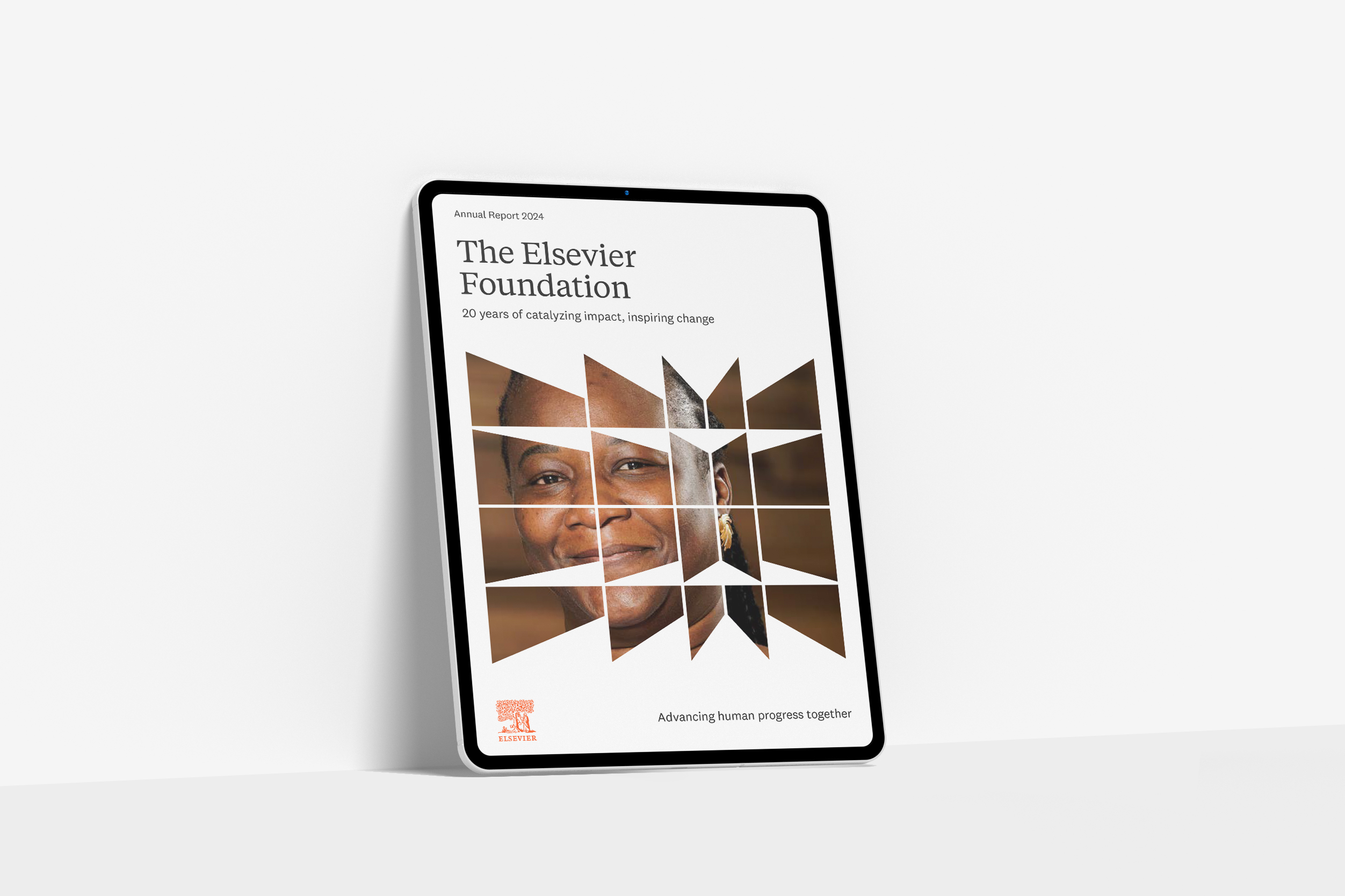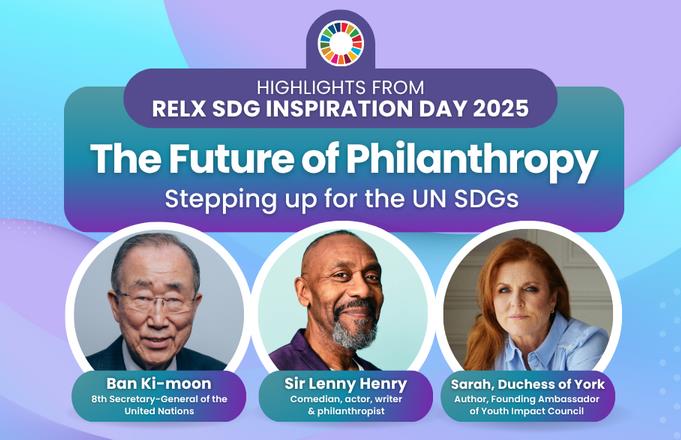Evaluation and Program Planning, Volume 111, August 2025
Given the climate crisis, all sectors must make choices that serve people and planet well into the future. The establishment of the United Nations Sustainable Development Goals (SDGs) in 2015 shifted the global debates on these issues particularly recognizing that sustainability as a critical lens must be applied not only by public and not-for-profit sectors, but also by philanthropy and private sector.
Asian Journal of Psychiatry, Volume 111, September 2025, 104632
This study demonstrates that deep learning models, especially Graph Convolutional Networks can effectively and accurately differentiate healthy individuals from those with mild cognitive impairment and Alzheimer's disease, supporting early diagnosis of cognitive decline.
The American Journal of Clinical Nutrition, Volume 122, Issue 2, August 2025, Pages 582-592
The article underscores the vital role of traditional country foods in supporting the health of Nunavik Inuit, as these foods are primary sources of important antioxidants like ergothioneine and selenoneine. The markedly higher levels of these compounds among Nunavimmiut�especially among women, elders, and frequent country food consumers�demonstrate the nutritional and cultural significance of maintaining access to wild foods. The findings advocate for the protection and promotion of traditional food systems to preserve both health benefits and Indigenous food sovereignty, while also calling for further research into the health impacts of these unique dietary antioxidants in Indigenous and non-Indigenous populations alike.
To mark its 20th anniversary, the Elsevier Foundation has released an impact report highlighting its key partnerships and achievements. Since 2005, The Elsevier Foundation has awarded over $18 million in grant funding. These grants have supported more than 100 partners across 70+ countries, reinforcing a commitment to fostering inclusive research and healthcare and promoting better health outcomes and a more sustainable research ecosystem.
Revista Colombiana de Reumatología, Volume 32, Issue 3, July–September 2025, Pages 198-208
The high prevalence of musculoskeletal diseases, particularly rheumatoid arthritis, in the Misak indigenous community—originally from Colombia— is likely influenced by cultural, socioeconomic, genetic, and environmental factors, leading to significant disability. This study highlights the importance of implementing culturally sensitive, interdisciplinary interventions for early diagnosis, better treatment adherence, and improved health outcomes tailored to the community's specific sociocultural context.
More than 800 people from over 75 countries came together virtually on 3rd June 2025 for the eleventh edition of the RELX SDG Inspiration Day: "The Future of Philanthropy: Stepping up for the SDGs" The annual online event brings together together business, academia, NGOs and government to explore pressing issues and inspire action on the United Nations Sustainable Development Goals (SDGs). Explore highlights from the day including inspiring keynotes from Ban Ki-moon, 8th Secretary General of the United Nations, Sir Lenny Henry and Sarah, Duchess of York.
SSM Population Health, 2025, 101826
This study identified seven distinct area-level deprivation trajectories in Northern Ireland from 2010 to 2016 and found that upward social mobility was generally linked to reduced risk of poor health outcomes, while downward mobility increased such risks compared to stable deprivation groups. Notably, a dose-response relationship emerged between lower deprivation at the endpoint and better health outcomes, though one upwardly mobile group exhibited unexpectedly high health risks, underscoring the complexity of social mobility's impact on health.
International Journal of Hygiene and Environmental Health, 2025, 114614
The article reports widespread exposure to the endocrine-disrupting chemical di-n-hexyl phthalate (DnHxP) in Danish pregnant women, children, and adults, with significantly higher exposures during the summer months, likely due to contamination of the UV-filter diethylamino hydroxybenzyl hexyl benzoate (DHHB) in sunscreen products


